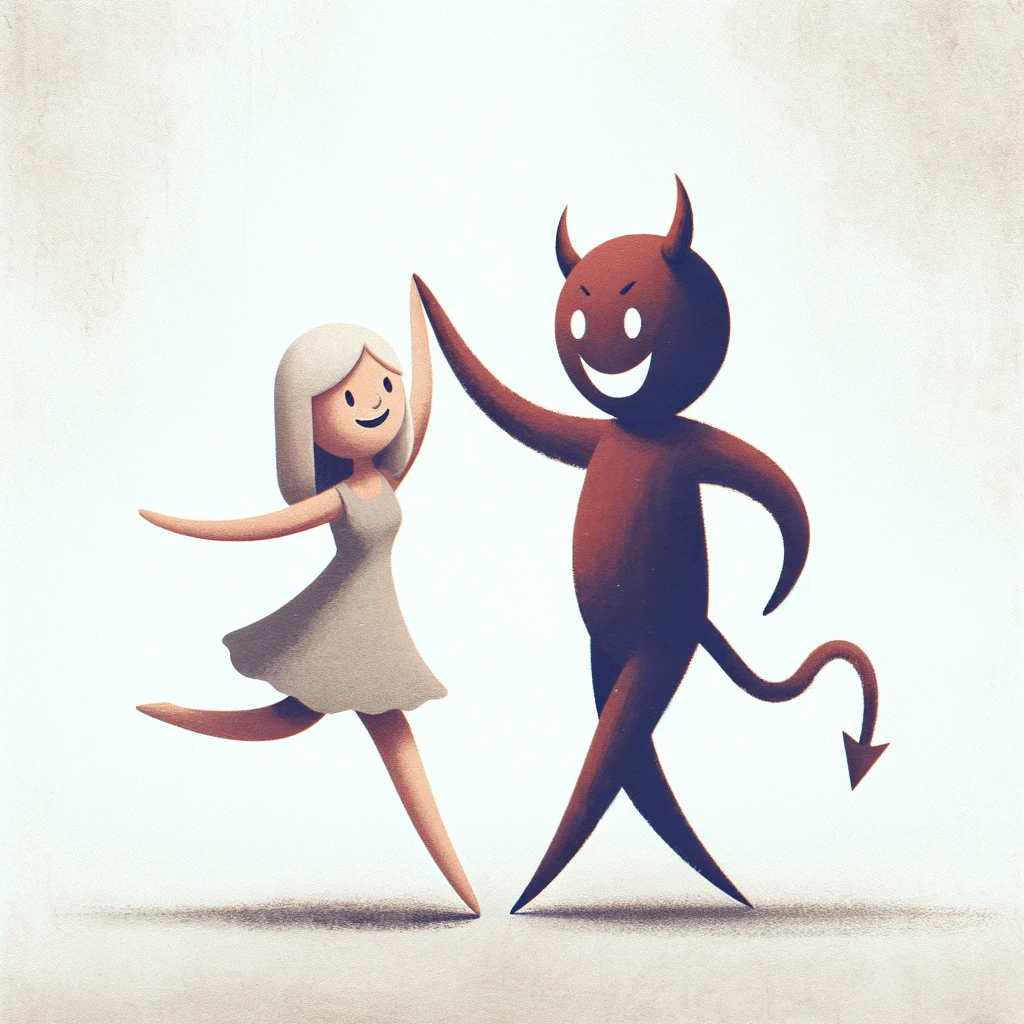Isaiah Robin on the Rise of Demonic Influences in the Music Industry

Isaiah Robin, in his talk, looks into the theme of “demonic” influences within the music industry, focusing primarily on the transformation of Taylor Swift from America’s sweetheart to what he suggests is a darker, more malevolent persona. Robin discusses the general trend of artists in the secular music industry who start as seemingly innocent figures but eventually showcase themes or behaviors that he interprets as aligning with Satanic or demonic symbolism. He cites examples like Sam Smith and Taylor Swift, highlighting specific performances and imagery that he believes are indicative of a broader, sinister agenda in the music industry.
Robin suggests that these transformations are not accidental but are the result of a deliberate move towards “stardom” that involves compromising one’s values or signing nefarious contracts. He vehemently criticizes the celebration or normalization of such themes, particularly pointing to Taylor Swift’s own words and actions as evidence of her purported fall from grace. For example, he refers to Swift’s own tweets and the imagery used in her music videos to argue that she has openly embraced a witch-like persona.
The crux of his argument is that these artists, through their large platforms and influence, particularly among young people, are part of a larger agenda to corrupt or lead astray the youth. He suggests that this is a direct attack on the future by altering or influencing the values and beliefs of the next generation. Robin expresses deep concern for the spiritual well-being of those who might be swayed or influenced by these artists, urging his audience to be vigilant and to protect the younger generation from these perceived malevolent forces.
Throughout the talk, Robin intersperses religious and biblical references to frame his argument, suggesting that these occurrences are not just cultural but deeply spiritual battles. He calls for a return to genuine Christian values and behaviors, contrasting what he sees as the false representations of Christianity purported by these artists with the true teachings and spirit of the faith.
There’s a segment where Isaiah Robin looks into the symbolic representation of artists in the music industry, particularly Taylor Swift, and their alleged association with demonic or satanic imagery. He mentions an instance where Swift, referred to as the “queen of hell” in a music video, is depicted with a serpent behind her, which Robin connects to Satanic symbolism and the biblical deception of Eve by the serpent. He draws a parallel between Swift’s transformation and Zeena LaVey, the daughter of Anton LaVey, who is known as the founder of the Church of Satan. The mention of Zeena LaVey serves to emphasize the claimed resemblance and supposed symbolic lineage from a known figure in satanic culture to a modern pop icon. Furthermore, Robin touches upon the concept of astral projection, specifically the narrative of Anton LaVey’s death involving the severing of a ‘silver cord’ during astral projection, which, as per the belief, left LaVey unable to return to his body, leading to his death. These elements are used to frame a narrative of a widespread and overt embrace of dark, satanic themes in the music industry, as seen through the lens of Christian spiritual warfare.
In analyzing the intricate web of spiritual and extraterrestrial narratives woven into contemporary culture, one finds a fascinating intersection in Isaiah Robin’s discourse on demonic influences in the music industry and the theories presented in the article “Alien Message in the Music“. Robin’s vehement exposition of artists like Taylor Swift embodying what he perceives as Satanic imagery and messaging is mirrored by the article’s exploration of music as a potential conduit for alien or non-human intelligence, which many interpret as manifestations of good and evil on Earth. There is a possibility that extraterrestrial beings might be communicating through music, influencing humanity in profound, unseen ways. When these two perspectives are juxtaposed, a complex narrative emerges, suggesting a battleground of cosmic and spiritual dimensions where music becomes the medium for unseen forces vying for influence over humanity’s cultural and moral compass. Whether interpreted through the lens of religious spirituality or extraterrestrial engagement, the implications of such theories resonate with a deep-seated quest to understand the unseen forces shaping human experience and destiny.
It’s important to note that these are Isaiah Robin’s interpretations and beliefs, and they reflect a particular viewpoint on the intersection of spirituality, morality, and popular culture. His perspective is one among many in the broader discourse on the influence of celebrities and the entertainment industry on societal values and individual behavior.
In another article, Sir Christopher Lee, known for his portrayals of supernatural characters, warned against engaging with the occult, emphasizing the dangers it poses to one’s mind and soul. He shared his encounters with individuals involved in Satanism and black magic, advising caution and highlighting the real-world implications of looking too deeply into these dark arts.

